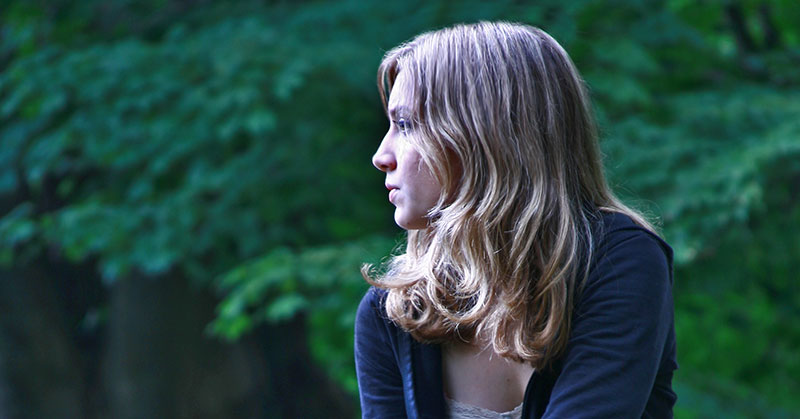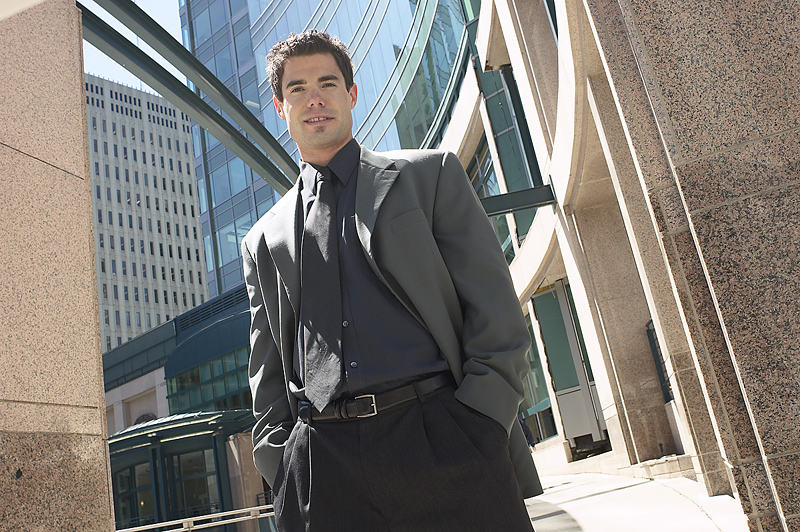Have you ever wondered what people mean when they say “You’re only human?” I know I have. This saying never sat well with me, so I decided to look more into it. In this article I’m going to show you why using this phrase isn’t a good idea, and what to do instead.
This post contains Amazon affiliate links, meaning I may earn a small commission if you purchase through my links, at no extra cost to you. Note: We aim to provide accurate product links, but some may occasionally expire or become unavailable. If this happens, please search directly on Amazon for the product or a suitable alternative.
We’re only human, we make mistakes… Or do we?
People usually say it as some sort of an excuse. You made a mistake, someone is trying to make you feel better – or you’re trying to make yourself feel better – and it pops up. “Well, you’re only human. We make mistakes.”
But we need to contemplate the deeper meaning of this saying and kind of thinking. You see, while it’s a good – hopefully temporary – excuse, it does perpetuate feeling small, insignificant, powerless. And that’s never good.
First of all, we must learn to understand and accept that what we call “mistakes” are a natural part of our lives. Growing up, we learned to need perfection and to need to be perfect. Because each time we did something that others didn’t like, we experienced something uncomfortable. We were met with stares, disapproval, we might have been humiliated, and even punished.
The negative emotions that come with these negative circumstances are uncomfortable, so we all inadvertently learned that we have to be perfect, because “mistakes” lead to discomfort. And naturally, none of us like discomfort.
Our experience, as human beings, is a contrasting one: there is always the potential to feel wonderful or to feel awful. Our emotions are our guiding indicators on our journey to success. Instead of ignoring them and trying to pretend they don’t exist, it’s better to start learning to accept them and to learn from them.
We don’t have to continue blaming ourselves for “mistakes,” instead we can learn to accept them as part of the process. If it weren’t for our ability to tell what we don’t want – to tell what a mistake is – how could we know what we do want? There has to be a counterpart that gives us clarity in our journey. But it was never intended that we blame ourselves for our mistakes, but rather that we understand that the discomfort they bring is teaching us to do better next time.








